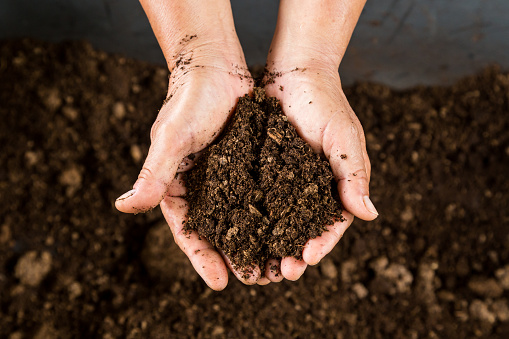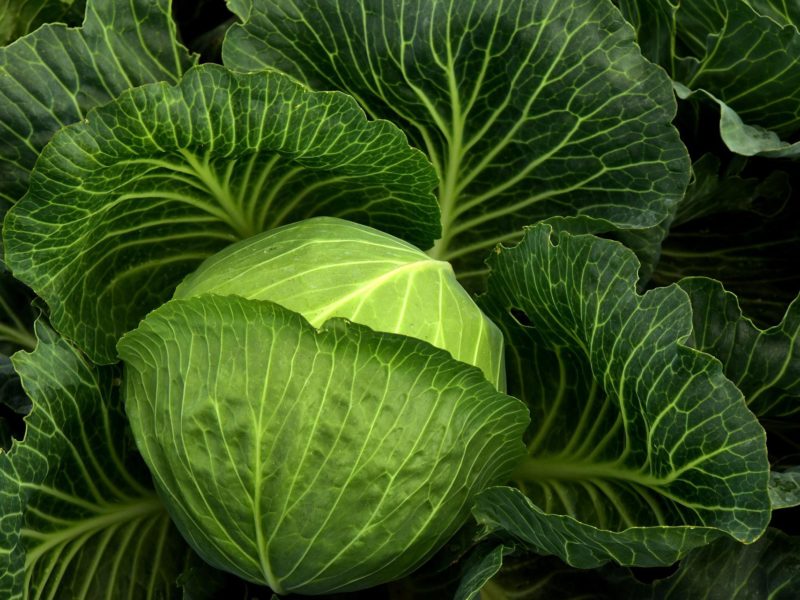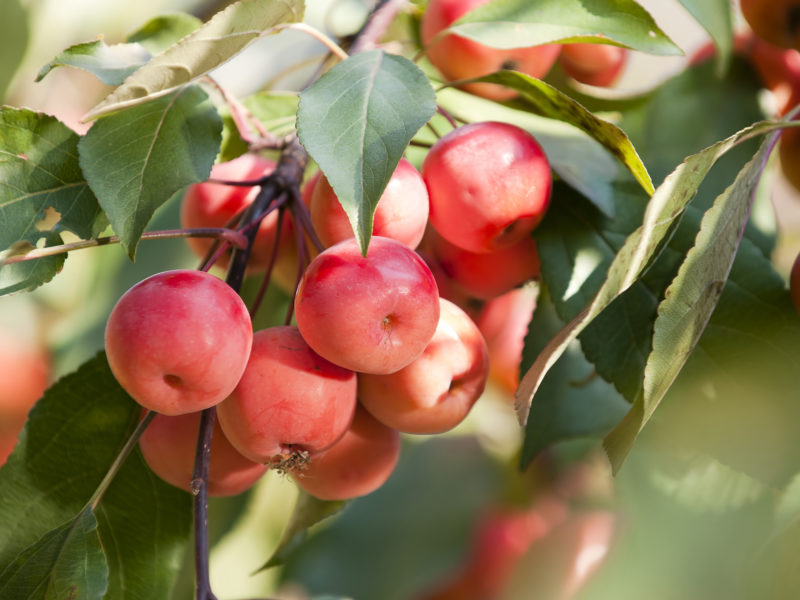Wildlife Friendly Gardening
Domestic gardens are valuable safe spaces for our native wildlife, while natural habitats are being lost to development, poor land management and modern agricultural practice.
Making a garden wildlife friendly doesn’t mean having to let your prized patch ‘go wild’ or having to sacrifice your favourite plants. We can all play our part with a few simple additions and changes to our gardening practices and choices.
Plant nectar and pollen rich plants
Filling your garden with pollen and nectar rich plants will help support all the pollinators we love to spot buzzing about and rely so heavily upon to provide some of our favourite foods.
We all expect to see bees in our gardens throughout the spring and summer months but some overwintering queen bumblebees, most often the Buff-tailed bumblebee, and honeybees, will leave the nest to forage on milder winter days. Ensuring there is something in bloom all year round will help foraging bees and other pollinating insects and bring them into your garden.

Plants that flower during the late winter months and provide the precious resources our bees need include, winter-flowering clematis, crocus, snowdrop, mahonia, winter aconite, sweet box, winter honeysuckle, hellebore, and heather. Early spring bulbs can provide a much-needed pollen and nectar boost to bees in the garden.
Plant Trees, Shrubs and Hedges
Incorporating a variety of trees, shrubs and hedges into your garden design will provide shelter, food, and nesting for a variety of nesting birds. Adding some evergreen or thorny shrubs to the garden gives small birds a safe place to nest and shelter while many shrubs and trees produce flowers for pollinators and tasty nuts and berries for food resources in the winter.
Holly, Guelder-rose, Hawthorn, crab apple, Spindle, Elder and Pyracantha provide flowers for pollinators in the spring and fruit for the birds later in the year.
Go Peat Free
Peat bogs act as huge carbon sinks. When peat dries out it releases large amounts of carbon dioxide which is one of the major greenhouse gasses responsible for climate change. Peat extraction for horticulture has been a major concern when addressing the reduction of greenhouse gasses being emitted through the process of production of peat-based compost. There are many peat free composts available to gardeners already and from 2024, bagged, peat-based compost will no longer be available as a result of the Governments England Peat Action Plan to protect what remains of our natural peatland areas.
Peat free composts have improved over the years, and we stock Happy All Purpose 100% Peat Free Compost here at Love Plants.
Reduce the use of chemical pest control and herbicides
Trying to reduce or eliminate the need for chemical pest control in the garden will benefit all the surrounding wildlife.
Adopting good gardening practices and good garden hygiene can often minimise the damage caused by some garden pests. Correct pruning techniques, good air flow, natural pest control methods and choosing varieties of plants that have been specifically bred to have stronger resistance to common pests and diseases can minimise or prevent the need to apply chemical controls.
If using pesticides is completely unavoidable then ensure plants are not sprayed when the flowers are fully open. Look out for pesticides that are Neo-nicotinoid free, here at Love Plants we stock Neudorff BugFree Bug & Larvae Killer – Neo-nicotinoid free and organic.
Although often seen as a menace to gardeners, slugs and snails are a good source of nutrition for wildlife and birds. If a method of slug and snail control becomes essential, then look for products that create a harmless barrier around the plant rather than a poison. We stock Doff Slugs Be Gone products which contain no harmful chemicals and is safe for children, pets, and wildlife.
The use of chemical weed killers can be drastically reduced through alternative gardening techniques. Using ground cover plants or mulches helps prevent weed infestations. Removing unwanted weeds by hand can be supported with the selective use of spot-treatment weedkillers on particularly tough to eradicate weeds such as dock or dandelion
Always use as a last resort, use targeted application, apply sparingly, and follow the manufacturers instructions.
Add a wildlife pond.

A wildlife pond will provide a whole new habitat in your garden, encouraging frogs, newts, and a multitude of aquatic insects. Birds and other wildlife, that may visit or pass through the garden, will stop for a drink or a bath. To ensure your pond is wildlife friendly it is important to incorporate a beach area with sloping sides or escape ladder to enable any visiting wildlife an easy escape route should they fall in. Hedgehogs are the most prone to accidental drowning so a safe exit from the water is essential.
Even the smallest addition of a water feature will bring new wildlife visitors to the garden. If you don’t have room for a pond, think about a bird bath or shallow saucer filled with stones and water that bees and birds can use for a drink.
Small changes can have a huge impact. Every little helps.



